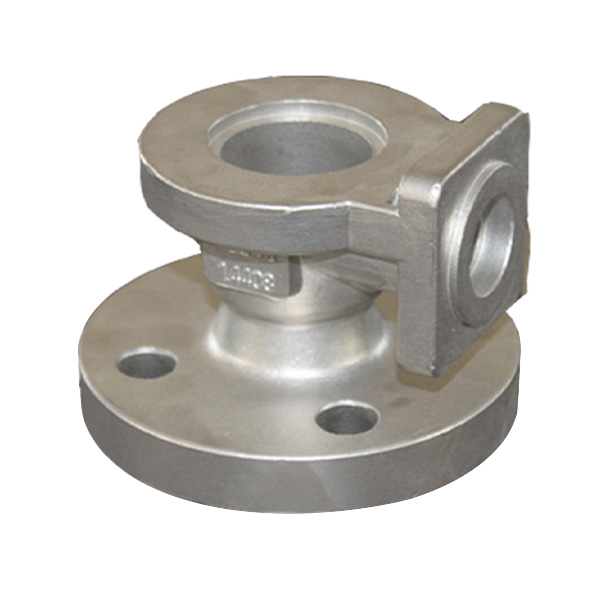Mobile:+86-311-808-126-83
Email:info@ydcastings.com
Exploring SS 304 Casting Properties and Applications in Modern Manufacturing
The Versatility and Applications of SS 304 Casting
Stainless steel has long been celebrated for its resistance to corrosion, exceptional durability, and aesthetic appeal. Among the plethora of stainless steel grades available in the market, SS 304 stands out as a popular choice, especially in casting applications. This austenitic stainless steel, often referred to as 18/8 stainless steel, contains approximately 18% chromium and 8% nickel, allowing it to perform effectively in a variety of environments.
The casting process for SS 304 involves shaping molten metal into desired forms through molds, a method that offers distinct advantages over traditional machining. It is particularly efficient for producing complex shapes that would be difficult, if not impossible, to achieve through other fabrication methods. The fluidity of molten SS 304 allows it to fill intricate mold cavities, making it highly suitable for components in industries such as construction, automotive, and pharmaceuticals.
The Versatility and Applications of SS 304 Casting
In addition to its corrosion resistance, SS 304 also offers robust mechanical properties. The material exhibits high tensile strength and good impact resistance. This means that SS 304 castings can endure significant stress and strain without the risk of deformation or failure, making them suitable for load-bearing applications. From valves and fittings to heavy machinery parts, the strength of SS 304 casts contributes to the longevity and reliability of the equipment they comprise.
ss 304 casting

The versatility of SS 304 casting extends to its aesthetic qualities as well. The smooth surface finish that can be achieved through casting, followed by polishing, grants it a modern and sleek appearance. This makes SS 304 castings suitable not only for industrial applications but also for architectural and design projects. Items such as railings, decorative accents, and kitchen fixtures benefit from the elegant finish of SS 304, enhancing both functionality and visual appeal.
Moreover, SS 304 casting is environmentally friendly. Stainless steel is 100% recyclable, and its production involves less energy compared to other materials. As sustainability becomes increasingly critical in manufacturing, the choice of SS 304 castings aligns with eco-friendly practices. Companies looking to reduce their carbon footprint often find that using SS 304 components is a responsible and effective strategy.
However, the casting process for SS 304 does come with its challenges. One of the main issues is the high rate of shrinkage associated with stainless steel during cooling. This necessitates careful design and calibration of the molds to accommodate shrinkage and ensure dimensional accuracy. Additionally, SS 304 can be more difficult to machine compared to other materials, which may result in additional costs associated with finishing processes.
In conclusion, SS 304 casting plays a critical role in various industries due to its impressive combination of corrosion resistance, strength, versatility, and aesthetic appeal. From complex machinery and kitchen fixtures to marine equipment and architectural designs, SS 304 castings provide reliable solutions that meet the demands of modern applications. As industries continue to evolve, the significance of materials like SS 304 will remain at the forefront, ensuring that they meet both functional and environmental requirements. With ongoing advancements in casting technologies, the future of SS 304 casting looks promising, paving the way for even more innovative applications.
-
Valve Body Acts as the “Heart” of Flow ControlNewsMay.19,2025
-
Understanding the Importance of ImpellersNewsMay.19,2025
-
Importance of Automobile Water PumpsNewsMay.19,2025
-
How an Engine Oil Pan Works to Keep Your Car LubricatedNewsMay.19,2025
-
Common Materials Used in Pump Impeller ManufacturingNewsMay.19,2025
-
Ball Valve Casting in Modern Pipeline SystemsNewsMay.19,2025











